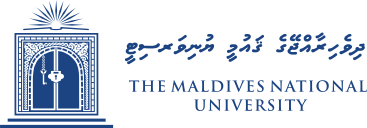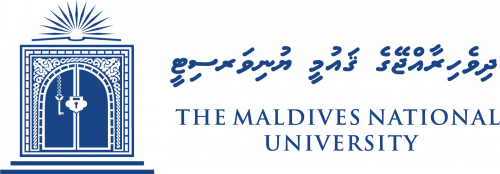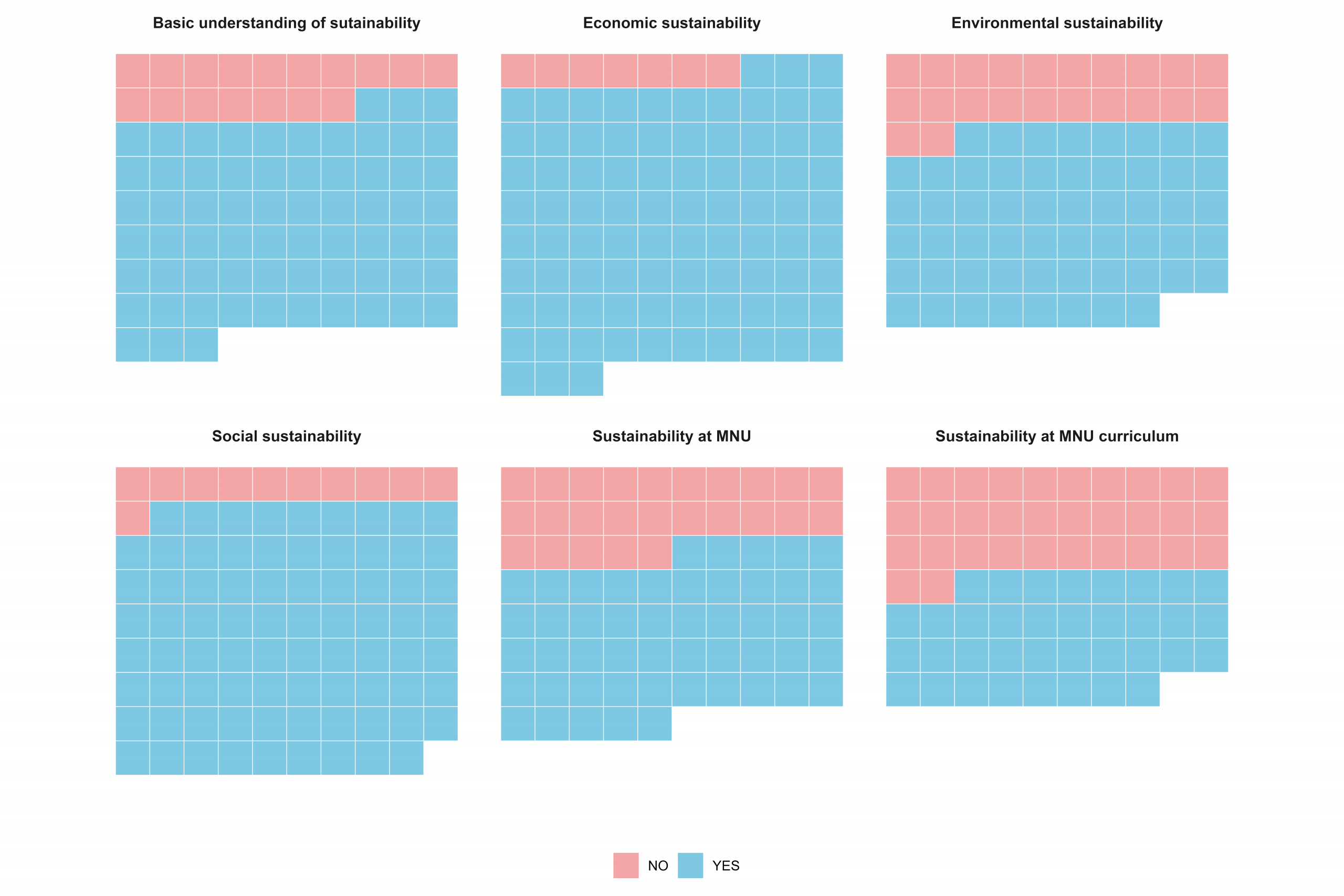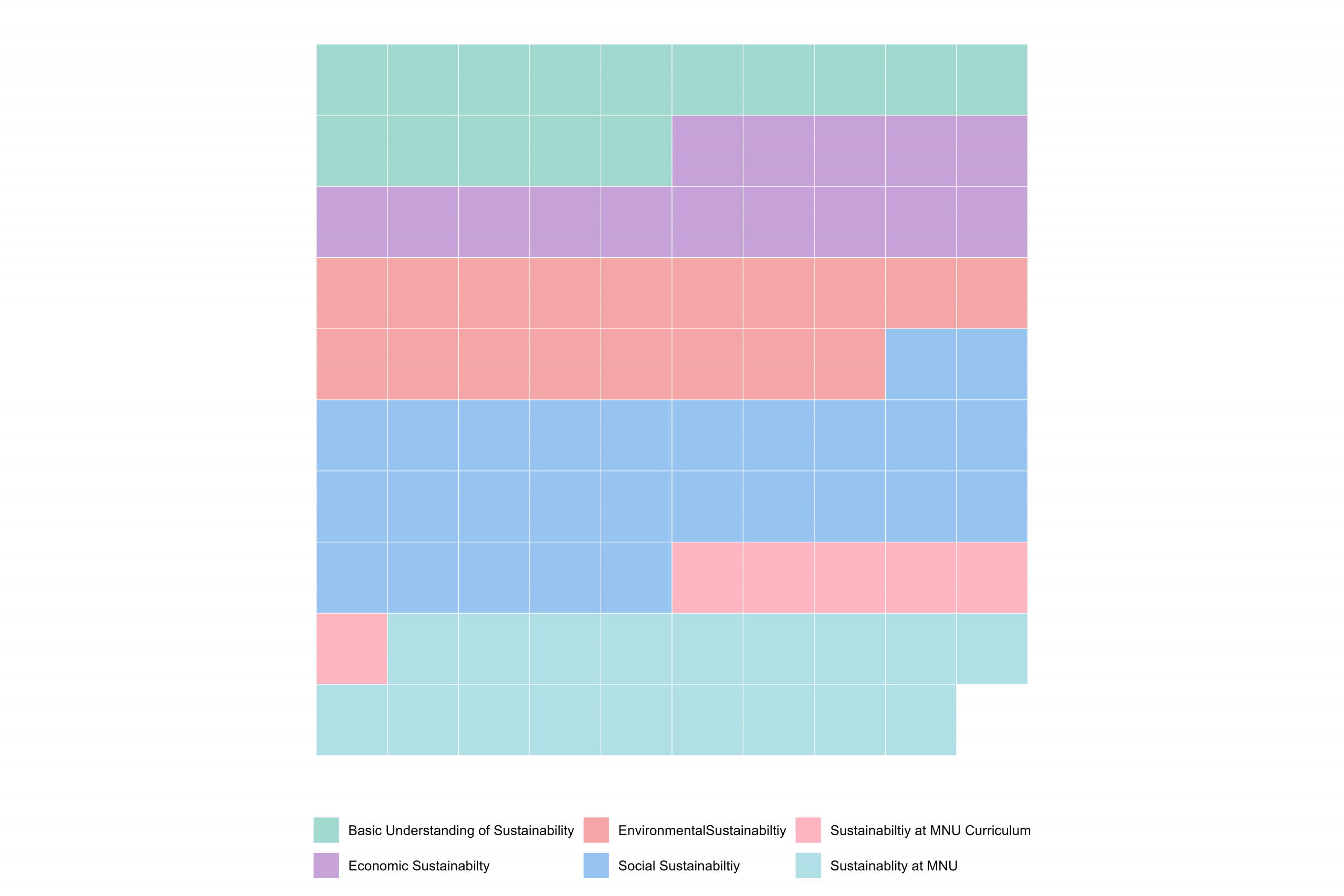As part of MNU’s commitment to enhance sustainability literacy among staff and students we have conducted a baseline study titled “Assessing Sustainability Knowledge Among Staff” to evaluate the level of understanding and awareness of sustainability across its academic and administrative community.
The study reflects MNU’s strong commitment to the Sustainable Development Goals (SDGs) and establishes the university’s first internal benchmark for sustainability literacy. Results indicate that while staff show strong knowledge in economic sustainability, there is room to further enhance understanding of environmental and social dimensions. These findings will shape efforts to embed sustainability more deeply into academic programs, professional development, and campus-wide initiatives.
To strengthen its assessment tools, MNU has been in communication with Sulitest TASK to explore the feasibility of adopting it as a standardized Sustainability Assessment Tool for the university. As part of this collaboration, Dr. Scott Blair from Sulitest TASK will visit MNU in 2025 to conduct a workshop on the relevance and application of sustainability assessment. Staff members have already participated in mock Sulitest assessments to help evaluate the tool’s suitability for the MNU context.
These initiatives support the goals of the MNU Sustainability Action Plan and reinforce the university’s leadership in advancing sustainability education in the Maldives and across Small Island Developing States (SIDS).



